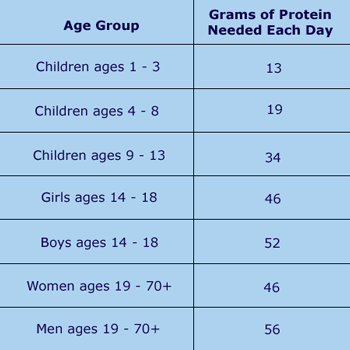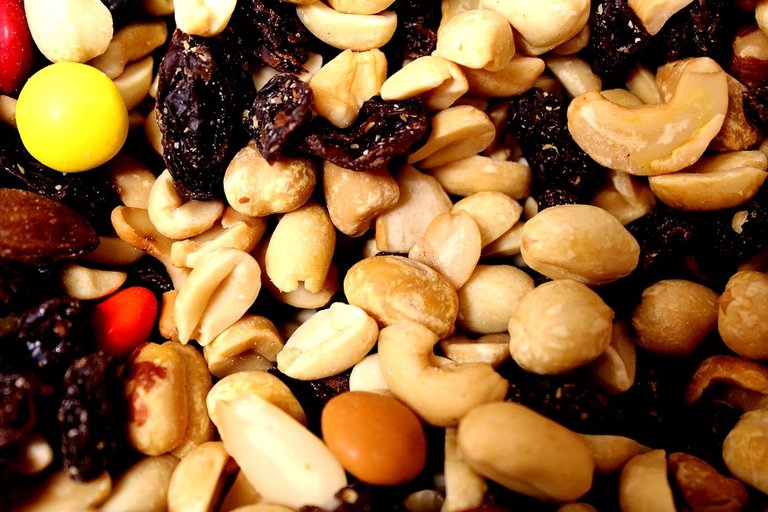When it comes to a healthy diet, balance is the key to success. It is about consuming the right amount of food for your energy needs. Most adults in the USA and UK are suffering with obesity or are just generally overweight. This is because so many of us are eating more than we actually need and the wrong types of foods.

Making simple changes to our diet for the long term, rather than following the latest diet trend it is essential for a healthy life.
Know your food groups
Starchy foods such as rice and pasta are great. However these should only make up about one third of your daily food intake. ( Unless you are body building or doing a great deal of cardiovascular exercise).
Fruits and Veggies are highly important. They contain disease fighting anti oxidant molecules. Antioxidants help to promote the body's defense system against sickness and diseases. By having a daily balance of fruit and vegetables your body is building up strength so that the next time it comes under attack from a virus or infection it can fight it off without the need for harmful antibiotics or over the counter medications.
Protein can be found in meat, fish and an abundance of plant based foods too. Your body uses protein to build and repair tissues. It also used to make enzymes, hormones, and other body chemicals. Protein is an important building block of bones, muscles, cartilage, skin, and blood. Whilst meat and fish are a good source of minerals such as iron, zinc and B vitamins, pulses including beans nuts and seeds have equally adequate and sometimes higher amounts of these. Quinoa is a great one!
Dairy is quite a controversial one in this day and age. It is commonly thought that dairy products were high sources of calcium, however research shows that nuts and cruciferous vegetables actually have higher amounts of calcium.
Fats and Sugars both provide energy for the body but too much of these can be damaging to your health. Excessive sugar is known to deplete the body of vitamin d and can lead to tooth decay and bone issues. Fats of the saturated variety if consumed in large quantities will clog up arteries and lead to the body storing this fat. Which is what contributes to heart disease and weight gain. Consuming too many fats and sugars will also increase your risk of diabetes, certain cancers and stroke.
Having a basic understanding of how our bodies use each of these food groups can help us to maintain optimum health.
Eating the right amounts
It is important to acknowledge that our bodies need to eat from all of the food groups, the tricky part is to make sure we are doing it in balance. For instance, starchy foods should make up about one third of everything we eat in a day.
According to a study conducted by the Imperial College London "...found that although even the recommended five portions of fruit and vegetables a day reduced disease risk, the greatest benefit came from eating 800g a day (roughly equivalent to ten portions - one portion of fruit or vegetables if defined as 80g)."
The following is a chart to show how much protein you need depending on your age:

Fats and Sugars should be kept to a minimum. It is so easy to consume these with very little thought because they generally tend to not satisfy hunger and can be addictive. Things like candy bars, potato chips and fried foods should be avoided. It's OK to have them once in a while as a treat.
There are fats out there that are suitable and beneficial to consume. Some examples are organic unrefined virgin oils such as coconut, olive and avocado.
Here are the top 5 Foods that I recommend as staples to a varied and balanced diet. They are super yummy and versatile which means they can be used in a variety of dishes.
1: Beans, Nuts and Pulses.
They are the richest source of vegetable protein, are low in fat and are a good source of fiber, calcium and essential minerals and iron. The can be added to soups, stews and salads as well as used in sauces.

2: Fruits
It is better to eat fruits whole or put them into smoothies rather than drinking processed and concentrated versions. It's best to choose fruits that are in season, are organic and unwaxed, especially with apples.

3:Quinoa
Pronounced keen-wah this versatile grain is actually the seed from the plant itself. When cooked it has a texture similar to rice and cous cous. It is packed with protein and works in just about any meal from breakfast cereal to salads and even veggie burgers.

4: Oats
They are high in fiber, protein, magnesium and selenium. Studies have shown that eating porridge regularly can maintain healthy weight and cholesterol levels.

5: Sweet Potato
High in beta carotene, which produces vitamin A in our bodies, they are also loaded with vitamin B6 and C. They are full of fiber too. They taste great, baked, roasted in a little coconut oil, mashed and used in sauces and make a fantastic vegan replacement for Macaroni and Cheese.

Sources:
1: The Benefits of Protein - WebMD
http://www.webmd.com/men/features/benefits-protein
2: Reader's Digest 1001 Best Health Hints and Tips
3: http://www3.imperial.ac.uk/newsandeventspggrp/imperialcollege/newssummary/news_22-2-2017-16-38-0
If you enjoyed this post, please follow us for more articles uploaded daily. @naturalcures
Thanks for the info. One love.
You're most welcome. :-)
It was a great idea to follow you! thank you for your content! :)
Thank you! 😊
That was a good read, thank you :)
(resteemed too)
Thank you, much appreciated 😊
Hodor